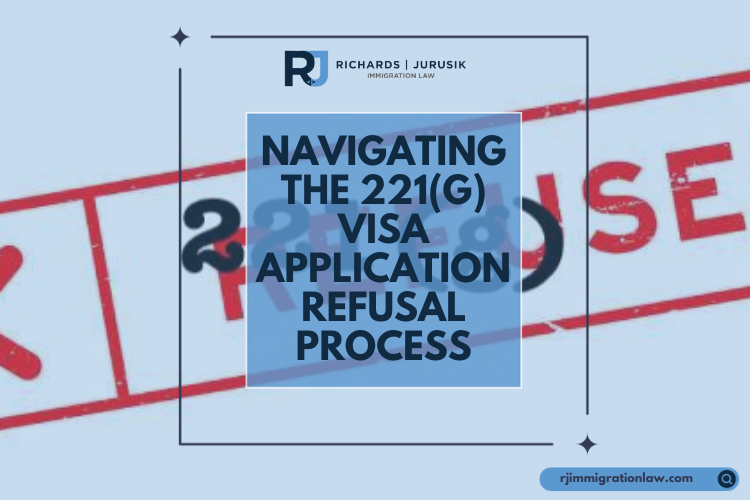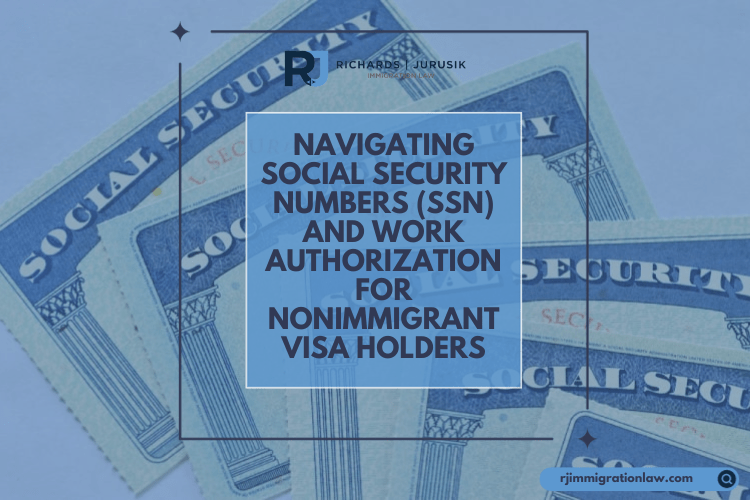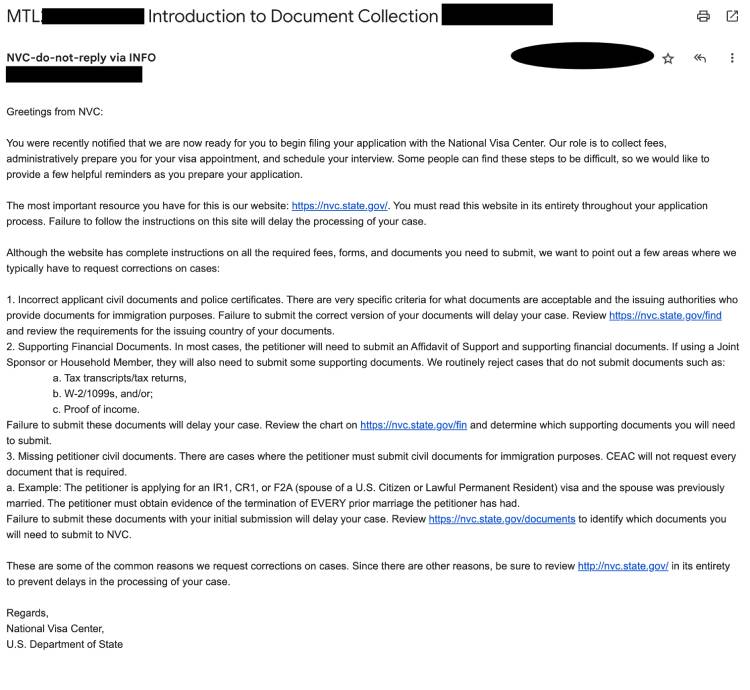In U.S. immigration, ‘nonimmigrant intent’ is a fundamental concept for foreign nationals applying for various nonimmigrant visas, such as tourist (B-1/B-2), student (F-1/M-1), temporary worker (TN), and investor visas (E-1/E-2). It signifies the applicant’s commitment to a temporary stay in the U.S. without plans to immigrate or obtain permanent residency. We discuss how both immigrant and nonimmigrant intent can impact U.S. visa applications.
Understanding Nonimmigrant Intent
Demonstrating nonimmigrant intent involves convincing U.S. immigration authorities of your temporary purpose in the U.S. and your genuine intention to return home after the visa expires. Evidence of strong connections to your home country is typically required to substantiate this claim.
Consequences of Showing Immigrant Intent
Displaying signs of immigrant intent, such as the desire to reside permanently in the U.S., during the application process can lead to visa rejection. Therefore, providing truthful and accurate information about your intentions is crucial to avoid potential immigration issues.
Strategies to Demonstrate Nonimmigrant Intent
- Showcasing Strong Home Country Ties: Present evidence like employment letters, property deeds, or financial statements to indicate your intention to return.
- Providing a Clear Purpose for Travel: Clarify your travel purpose, aligning with your visa category, and support it with documents such as itineraries or invitation letters.
- Indicating an Intent to Return: Offer proof of commitments in your home country, like job offers or school enrollment, compelling your return.
- Demonstrating Financial Stability: Show your financial capability to cover travel expenses, which indicates your ability to return home.
- Highlighting Social and Cultural Ties: Provide evidence of family ties, community involvement, or memberships in social or cultural organizations in your home country.
- Establishing Compliance with Immigration Laws: Records of adherence to immigration laws can reinforce your commitment to comply with the terms of your visa.
- Submitting Consistent and Credible Documentation: Ensure all your application materials are consistent, credible, and free from contradictions.
Conclusion
The discretionary nature of assessing nonimmigrant intent means that every piece of information presented in your visa application can influence the outcome. It underscores the importance of being meticulous, honest, and strategic in presenting your case. For individuals facing complex situations or those seeking to bolster their application, the advice and guidance of an immigration attorney can be a decisive factor in demonstrating nonimmigrant intent convincingly. Navigating the intricacies of U.S. immigration law can be challenging, but with the right approach and resources, it is possible to present a strong case for receiving a nonimmigrant visa.







